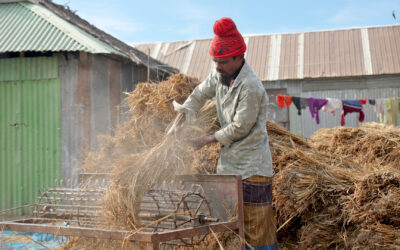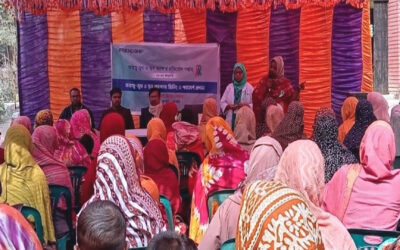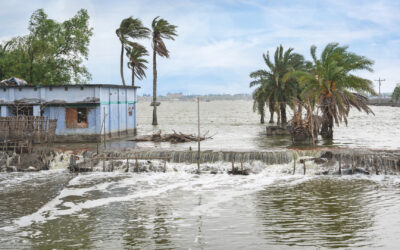The Netherlands Enterprise Agency funded ‘Reversing the Flow (RtF)’ project puts climate adaptation in the hands of the communities it benefits
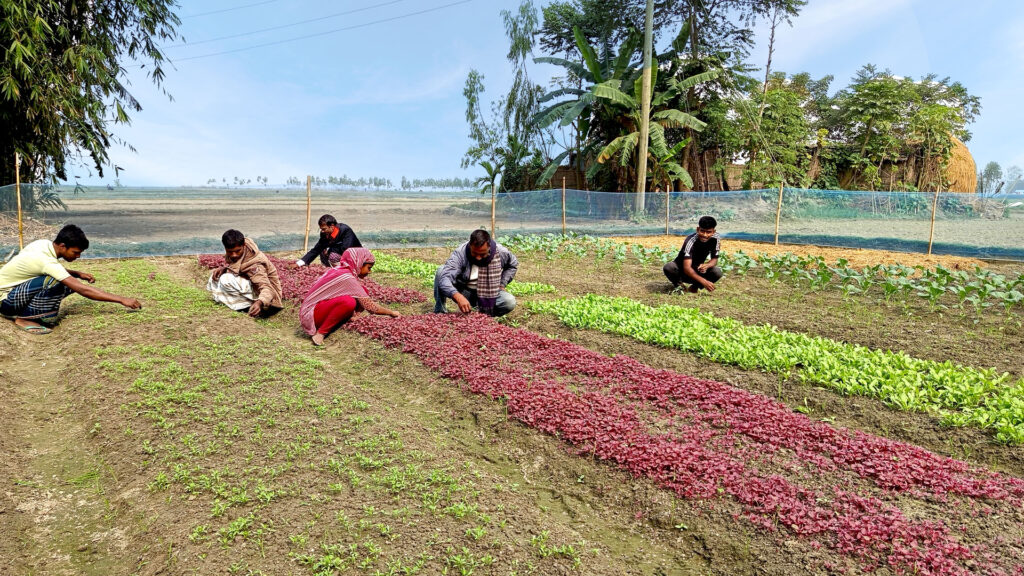
by Iffat Ara Sharmeen,
16 July, 2025
When vulnerable communities plan, implement, and lead their own climate adaptation measures, it can spark meaningful transformation. Shifting riverine islands in Bangladesh, known as the chars, are some of the most climate-impacted areas in the world. These areas are extremely vulnerable to natural disasters, which constantly disrupt the landscape and livelihoods. Basic services and institutional support are usually out of reach. Yet, locals there are resilient. Their inherent knowledge, skills, and willingness to fight climate change carry enormous potential.
Reversing the Flow
Local communities are the heartbeat of the Reversing the Flow (RtF) programme, a project with a regranting mechanism funded by the Netherlands Enterprise Agency (RVO) and overseen by Friendship. The initiative aims to strengthen water security, livelihoods, and landscape restoration among vulnerable communities in 20 char areas through locally led adaptation measures, with Friendship acting as a guiding hub for the locals. Climate adaptation funds in the programme go directly to local communities, so that they lead their own adaptation efforts.
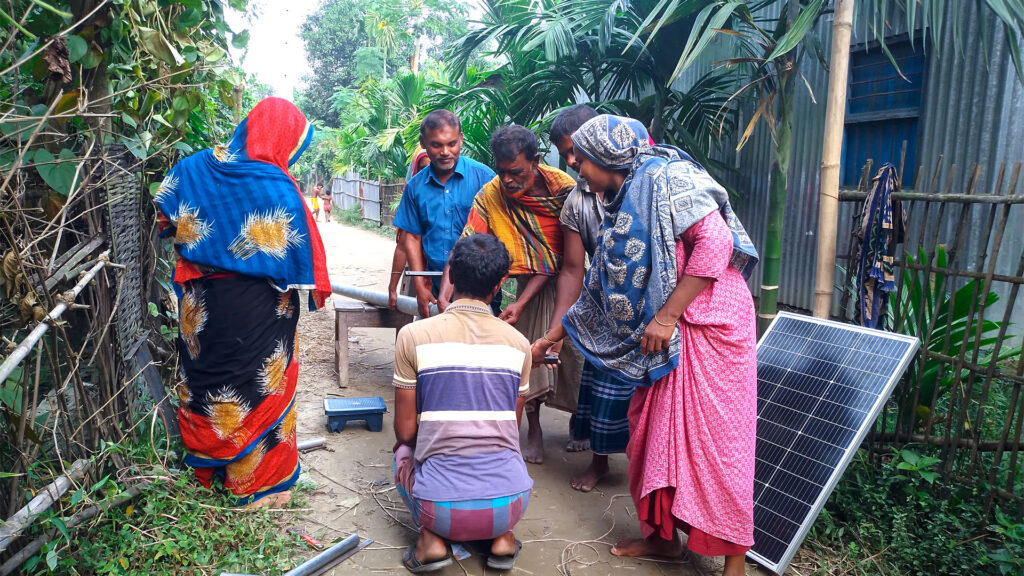
Putting Communities First
When natural disasters strike char island communities ‘ immediate response is to migrate to safer areas. Long-term resilience is a luxury they cannot afford under such circumstances.
Friendship believes that climate action must be community-led and go beyond short-term aid, provided communities can voice their needs and take initiative. RtF’s regranting mechanism makes this possible. Unlike traditional aid or microfinance models, this approach decentralises funding and fosters governance from the ground up.
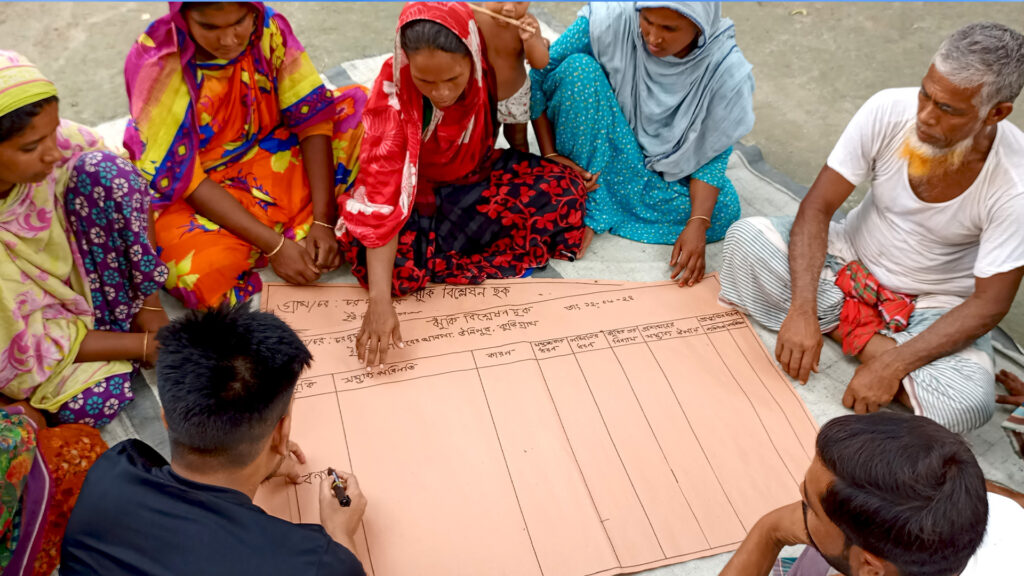
Community Implementation Committees (CICs), formed with stakeholders from each of the 20 char areas, identify local issues, design proposals, manage bank accounts, implement actions, and monitor results. A Project Steering Committee (PSC), created by CIC members along with three local government Union Parishad women members and the Chairman as an advisor, reviews proposals, tracks finances and progress, and adjusts future projects.
Rooted in Self-Esteem and Dignity
Youth and traditionally excluded groups, such as the ultra-poor, women, seniors, minors, and persons with disabilities, can all participate in RtF interventions.
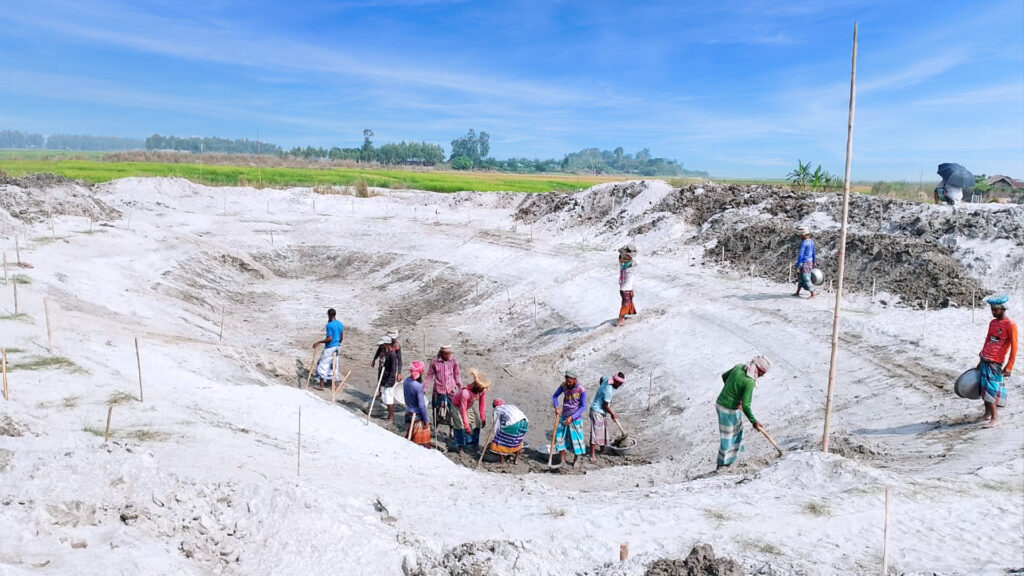
Friendship supports this process by facilitating, based on community priorities without influence or bias, allowing community members to work with confidence. Some interventions move forward, while others are revised, postponed, or dropped depending on feasibility and funding. Each intervention becomes a tailored action shaped by local knowledge and fully rooted in the principles of Locally Led Adaptation (LLA).
An Unconventional Approach
RtF’s regranting mechanism relies on the skills and knowledge of the communities, particularly untapped groups such as women, who are playing a vital role in decision-making. Youth groups contributed using digital documentation and storytelling to articulate their needs properly.
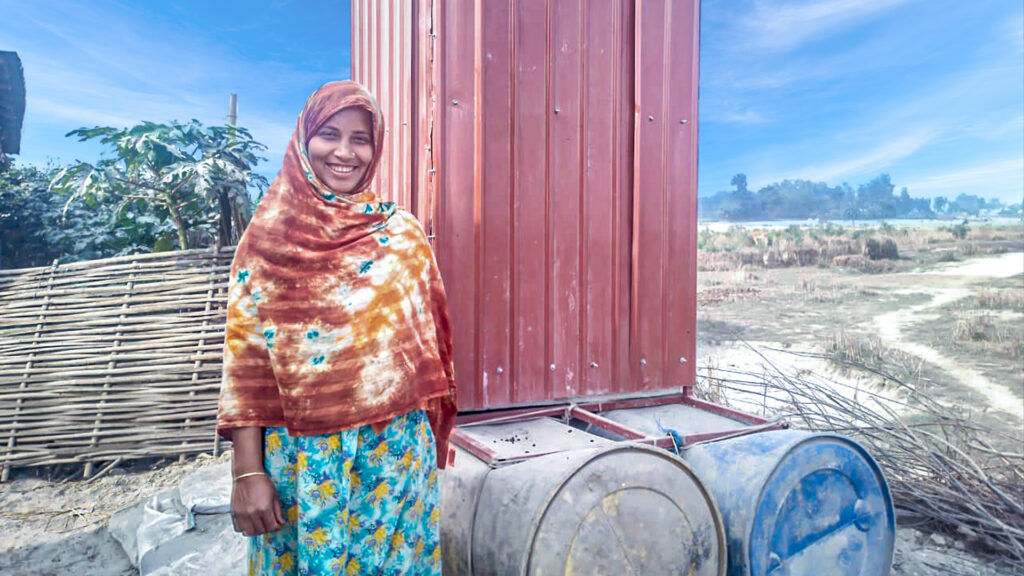
This deep-rooted local knowledge and local practices are derived from years of living in climate-vulnerable areas. They have practical insights on flood prediction, seasonal cycles, indigenous cropping patterns, ecological patterns, water movement, bird migration, wind patterns, and more. These insights enhance the scientific process of implementation while acknowledging local ingenuity.
When communities work together, taking pride in ownership of climate action, and prioritise shared needs and community strength, there is a strong sense of solidarity and friendship.

